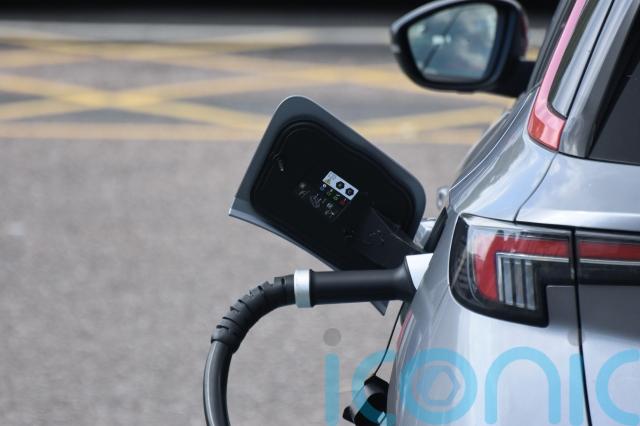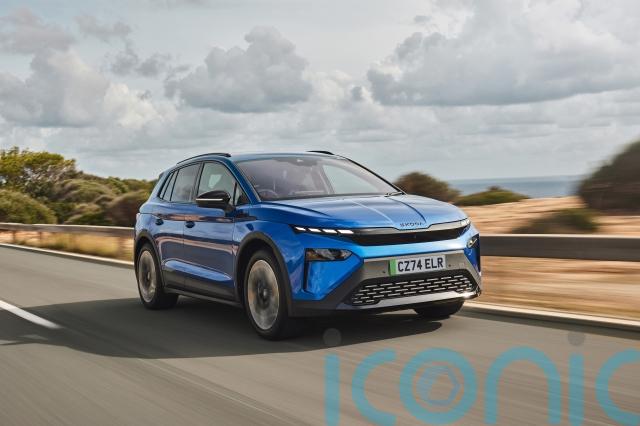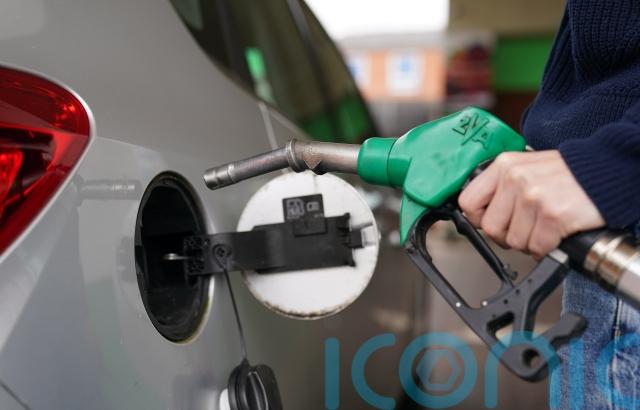
Motorists look set to experience a number of changes over the next few years following the announcement of Chancellor Rachel Reeves’ Budget.
But what will drivers be facing and how could it change how we get from A to B? Let’s look at the key talking points.

From April 2028, electric vehicles will be charged a new ‘mileage tax’ to fill in the gap left by no fuel duty being paid for the vehicles. From April 2028, drivers will be charged an equivalent of 3p per mile for battery electric cars and £0.015p per mile for plug-in hybrid cars. The Chancellor says that this will go towards helping road maintenance.
That price will increase annually with the Consumer Price Index. At present, there is no announced framework for how this policy will be implemented or how drivers will pay for it. It would add an estimated £300 per 10,000 miles driven in an EV.
John Cassidy, sales managing director at Close Brothers Motor Finance, said: “A pay-by-mile scheme for electric vehicles risks increasing costs for many drivers, particularly those who rely on their cars for higher annual mileage.
“With energy bills rising and public charging becoming more expensive, motorists will fear that EV ownership could end up being significantly more expensive than traditional ownership.”

The Expensive Car Supplement was introduced in 2017 and adds an extra £425 per year for five years following the initial tax payment on new cars priced over £40,000.
However, in the Budget, that threshold has been raised to £50,000 for electric vehicles, meaning that buyers of EVs under this price won’t have to pay the Expensive Car Supplement.

The 5p cut in fuel duty is being kept in place until September 2026, when it is expected to be reversed through a staggered approach.
The tax has been held at 57.95p since 2011, but the effective rate paid by drivers since 2022 has been 52.95p as a result of a “temporary” 5p cut. Petrol forecourts will also be required to display real-time fuel prices under a new scheme.
Edmund King, AA president, said “Continuing the fuel duty freeze removes one of the big concerns for millions of drivers, their families, and businesses. With fuel still accounting for a significant share of household spending, maintaining the 5p freeze will save drivers £3.30 a tank. For workers, who are dependent on their cars to commute and fill up twice a month, this keeps £6-£7 in their pocket to battle other costs.”
The Chancellor reiterated the news that luxury vehicles would be removed from the Motability system. Alfa Romeo, Audi, BMW, Lexus and Mercedes-Benz cars will be excluded from the scheme, as well as all coupe and convertible models from other brands.
RAC head of policy Simon Williams said: “The Government will be aware that taxing all plug-in vehicles per mile from 2028 could slow down the transition to electric vehicles. This is no doubt why it has expanded the Electric Car Grant.
“With fuel duty revenue set to decline as more EVs come on to the road, this is one lever the Chancellor clearly feels she can pull to keep the money coming in. The implementation will be critical, so the devil is very much in the details.
“We note the Government hasn’t cut VAT on public charging from 20% to 5% to match the rate levied on domestic electricity. This means drivers who can’t charge at home will continue to pay more.”
Subscribe or register today to discover more from DonegalLive.ie
Buy the e-paper of the Donegal Democrat, Donegal People's Press, Donegal Post and Inish Times here for instant access to Donegal's premier news titles.
Keep up with the latest news from Donegal with our daily newsletter featuring the most important stories of the day delivered to your inbox every evening at 5pm.